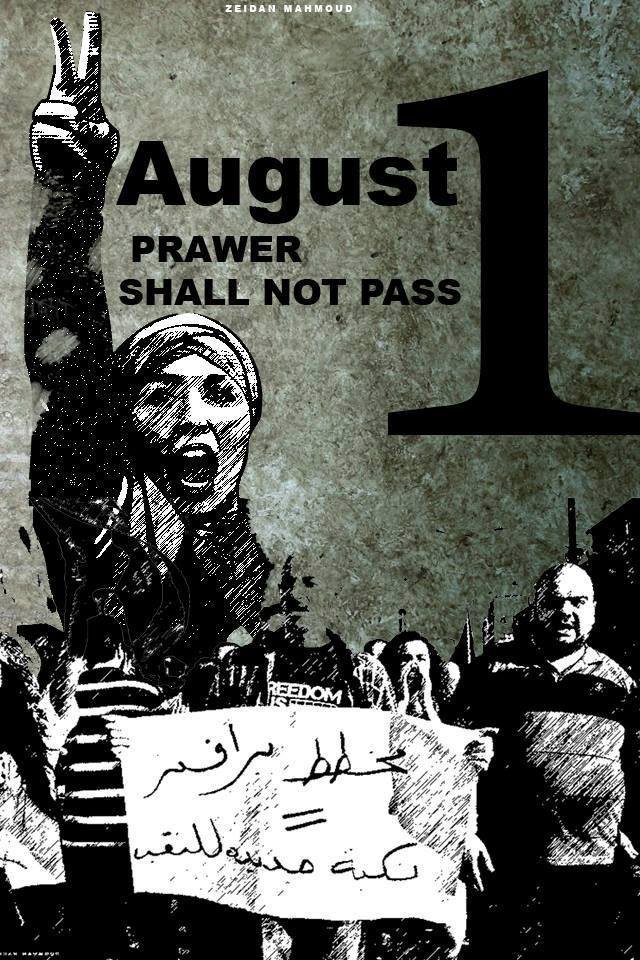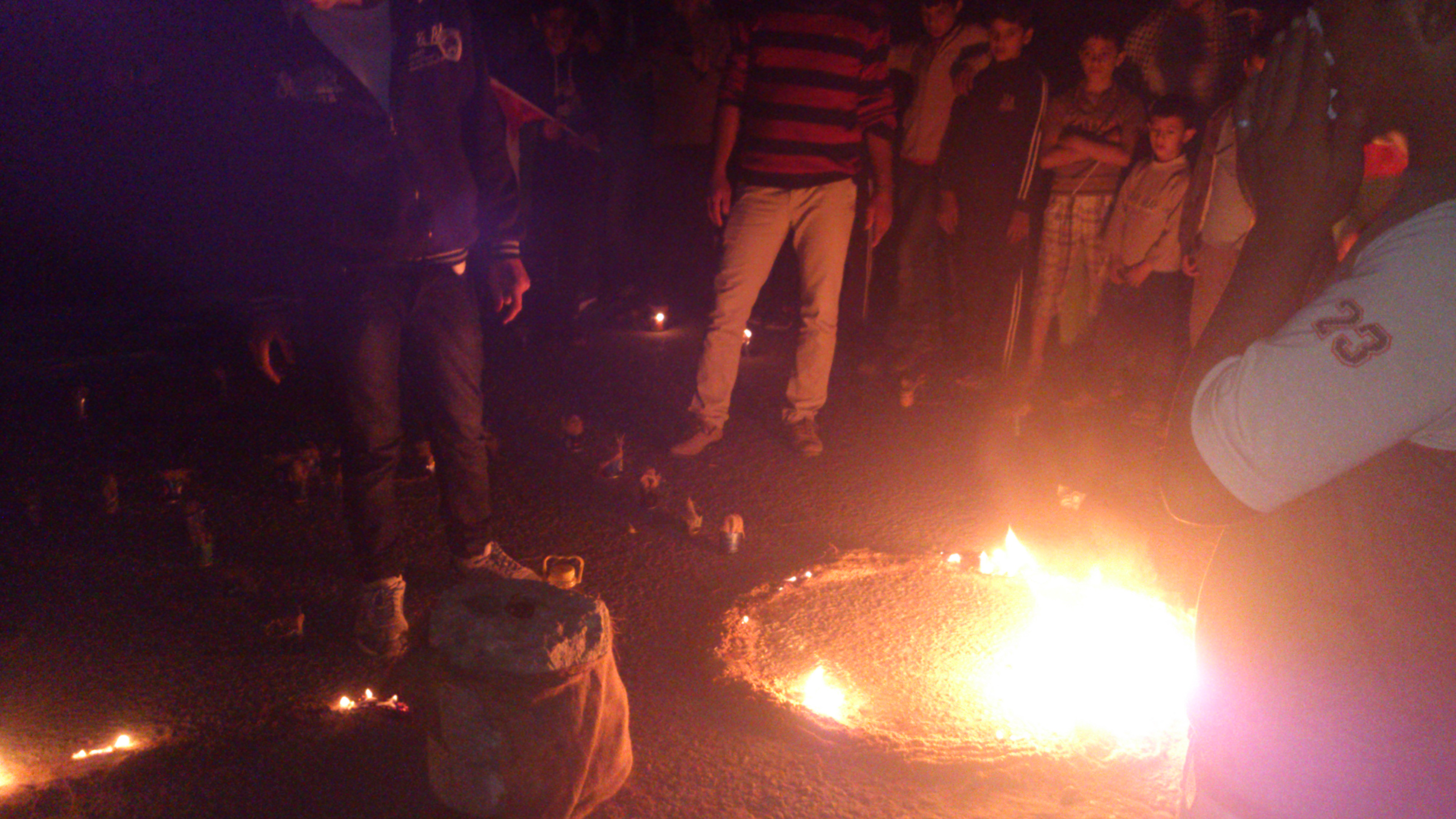Tag: 1948 Palestine
-
Updated: The three Palestinian women activists arrested last week remain imprisoned
21st August 2013 | International Solidarity Movement, Nablus Team | Nablus, Occupied Palestine Update 26th August: On Thursday, August 22, Leena Jawabreh was sentenced to 30 days (one month) in Israeli prisons, and a 1000 NIS fine. On Sunday, August 25, Linan Abu Ghoulmeh was sentenced to 60 days (two months) in Israeli prisons and…
-
Call for action: Stop Prawer Plan!
27th July 2013 | Stop Prawer Plan | Palestine We call on international solidarity activists to organize demonstrations on 1 August in their own cities, and to spread awareness of the biggest impending ethnic cleansing campaign against Palestinians by Israel since 1948 through writing petitions, sharing information on the Naqab and Prawer Plan, or by…
-
Photo Essay: Sabastiya remembers 65 years of the Nakba
22th May 2013 | International Solidarity Movement, Team Nablus | Sabastiya, Occupied Palestine In community remembrance of the Nakba, Sabastiya villagers observed 15 minutes of a full lights-out.



